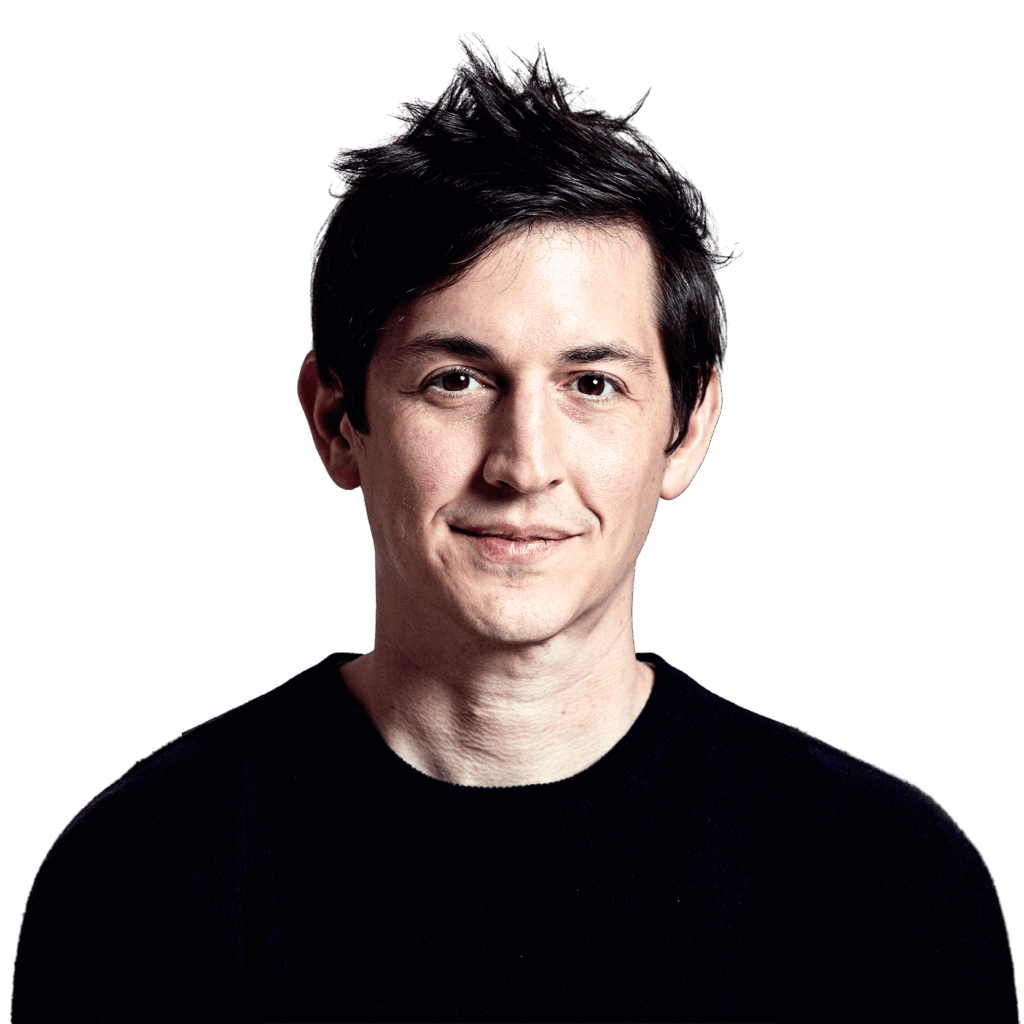I’ve always believed that “opportunities live between fields of expertise.” That idea has been both an investment philosophy and a metaphor for my career. The most valuable insights often come from combining skills, knowledge or experiences that usually sit in separate silos.
This belief has shaped how I invest. I’m drawn to companies that resist easy categorization – those that live at the intersections. Their founders often speak multiple professional dialects and see what others miss.
Crux is a recent example. The team understood how renewable energy companies and advanced manufacturing businesses are financed and how to build financial exchanges. By combining those two domains, they created a marketplace for renewable-energy tax credits (and now debt and tax equity) – something that hadn’t existed before. People in capital markets technology didn’t know enough about climate, and people in climate didn’t know how trading systems worked. Crux bridged both, and that gave them an edge.
At a16z, this way of investing feels natural because the firm itself is built on deep domain expertise. I often team up with partners across healthcare, American Dynamism, consumer, and beyond to back companies that straddle categories. We’re at our strongest when we come together at those intersections.
And it’s not just investors – we bring together a full bench of operating partners and domain specialists. That range is what allows us to identify and support companies that don’t fit cleanly into one box. I believe that’s our sharpest edge.
There’s a deeper reason this strategy works: the best opportunities are usually the hardest to classify. If something is easy to bucket, it’s probably already understood and priced in. But ideas that live between silos are often illegible. They take longer to recognize because they require multiple lenses. That’s why alpha so often lives in the in-between.
This approach matters even more in an AI-native world. As building becomes increasingly democratized, advantage shifts to those who know where and how to apply these tools. Winning teams will start with technical fluency of large language models and layer on tribal knowledge, product intuition, and the ability to navigate legacy systems and markets.
People sometimes ask if I’m Wall Street or Silicon Valley, a founder, operator, or investor. My answer has always been the same: yes.


